Pesticide-Free Produce: Cleanest Veggies You Can Buy
In recent years, there has been a significant shift towards pesticide-free produce, driven by growing health consciousness and environmental awareness among consumers. This trend reflects a broader movement towards sustainable and organic farming practices that prioritize both human health and ecological balance. Pesticides, while effective in controlling pests, pose potential risks to human health and can have detrimental effects on the environment. As more people seek to reduce their exposure to these chemicals, the demand for pesticide-free vegetables has surged. This article explores the top 10 pesticide-free vegetables that can enhance your diet, providing not only nutritional benefits but also peace of mind.
1. The Allure of Organic Spinach
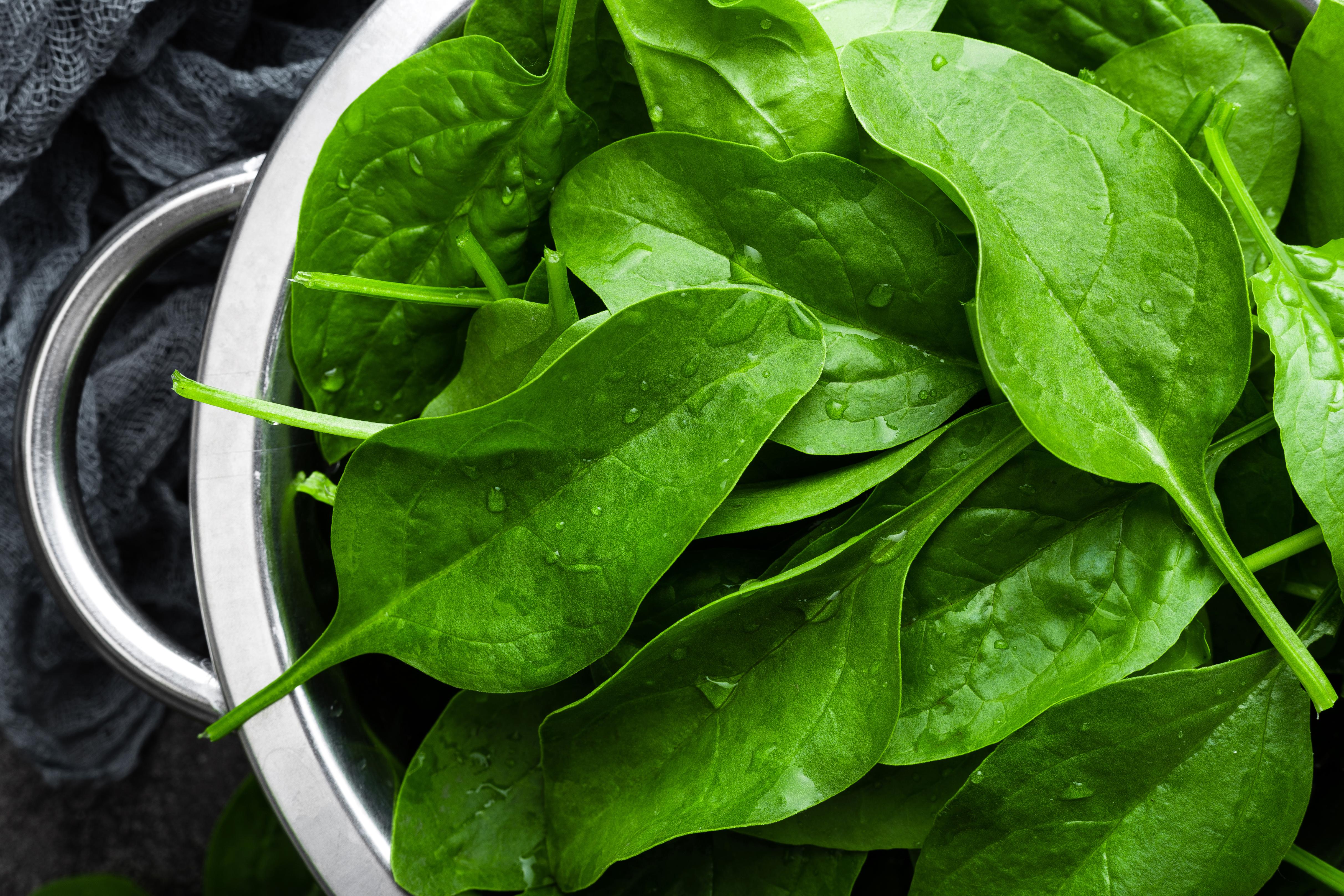
Spinach is a powerhouse of nutrients, rich in vitamins A, C, and K, as well as iron and calcium. Its tender leaves are often used in salads, smoothies, and cooked dishes. However, conventional spinach is notorious for being heavily treated with pesticides. Opting for pesticide-free or organic spinach ensures you enjoy its health benefits without the chemical residues. Organic farming practices enhance soil quality and biodiversity, contributing to a more sustainable environment. By choosing pesticide-free spinach, you're not only making a healthier choice for yourself but also supporting farming practices that are kinder to the planet.
2. The Sweet Simplicity of Bell Peppers
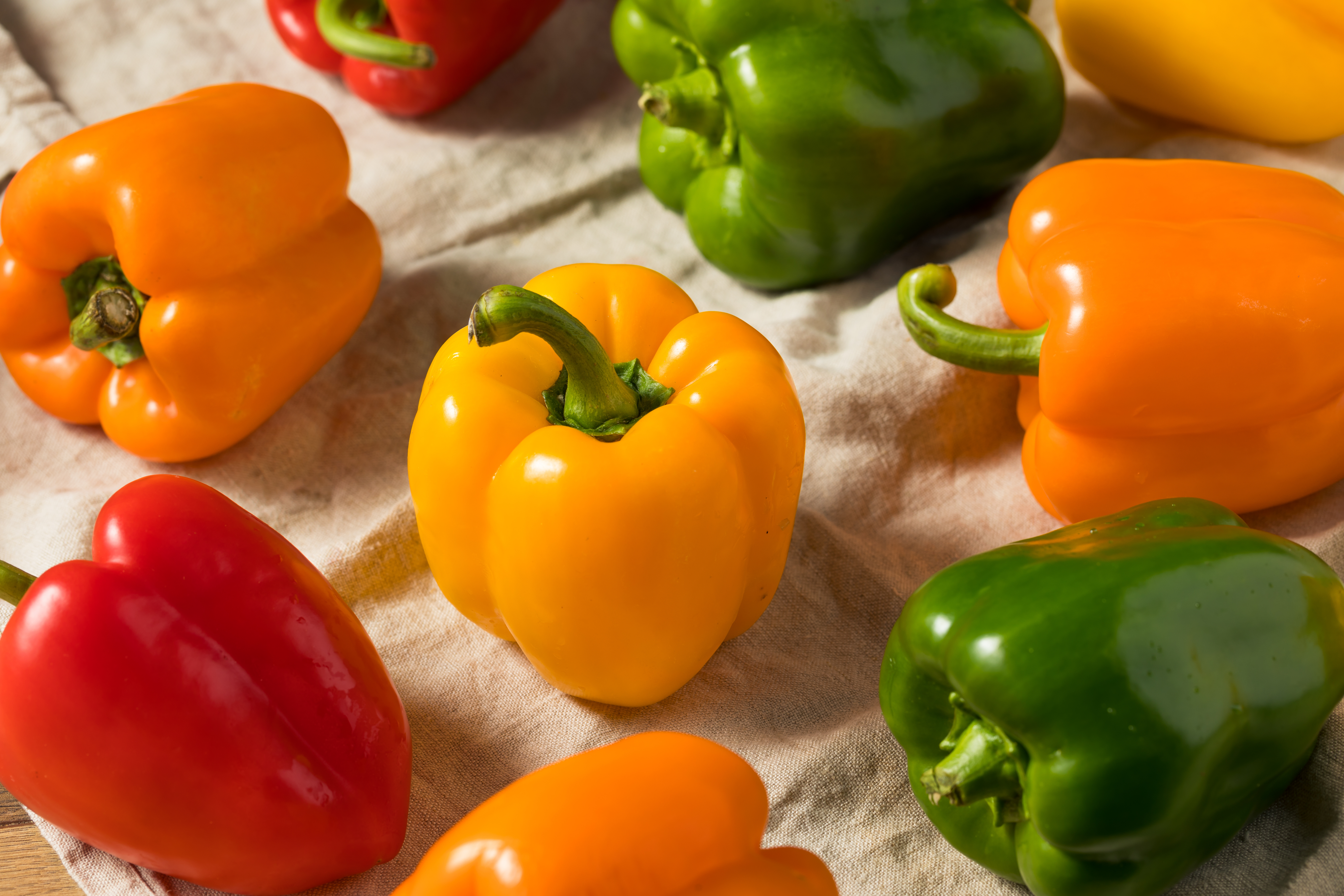
Bell peppers, with their vibrant colors and sweet flavor, are a staple in many kitchens. They are rich in vitamins C and A, making them a nutritious addition to any meal. Unfortunately, bell peppers are often found on lists of produce with high pesticide residues. Pesticide-free bell peppers, however, offer the same crisp texture and nutritional benefits without the chemical concerns. These peppers are grown using natural pest management techniques, which help preserve the integrity of the soil and reduce environmental impact. Including pesticide-free bell peppers in your diet is a delicious way to enjoy their health benefits while supporting sustainable agriculture.
3. The Nutritional Power of Kale
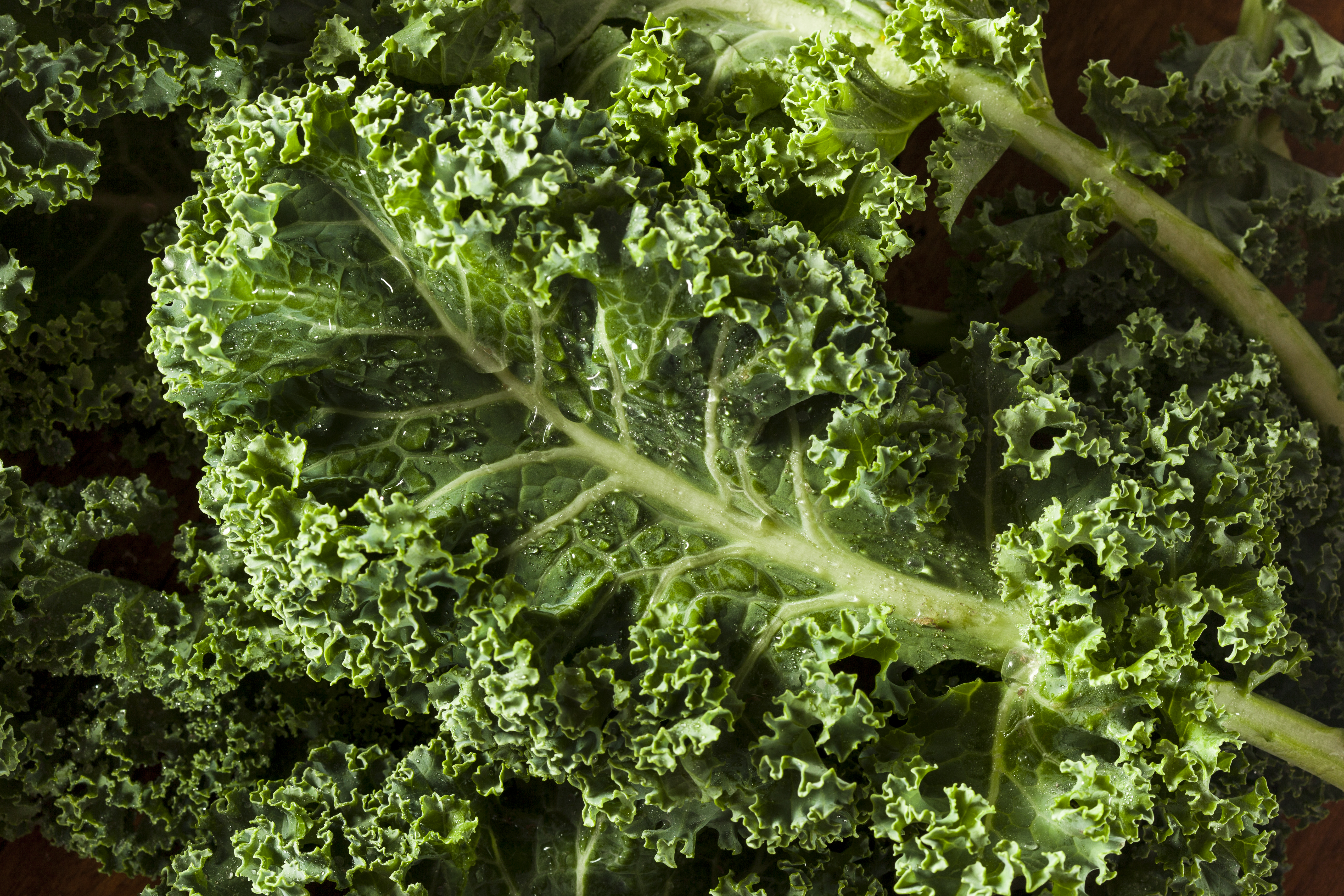
Kale, often hailed as a superfood, is packed with vitamins, minerals, and antioxidants. Its robust leaves are perfect for salads, soups, and smoothies. However, kale is also known to be heavily treated with pesticides in conventional farming. Choosing pesticide-free kale allows you to harness its full nutritional potential without the worry of chemical exposure. Organic kale farming practices emphasize soil health and biodiversity, which can lead to more resilient crops. By opting for pesticide-free kale, you're not only boosting your nutrient intake but also advocating for a more sustainable food system.
4. The Crisp Delight of Apples
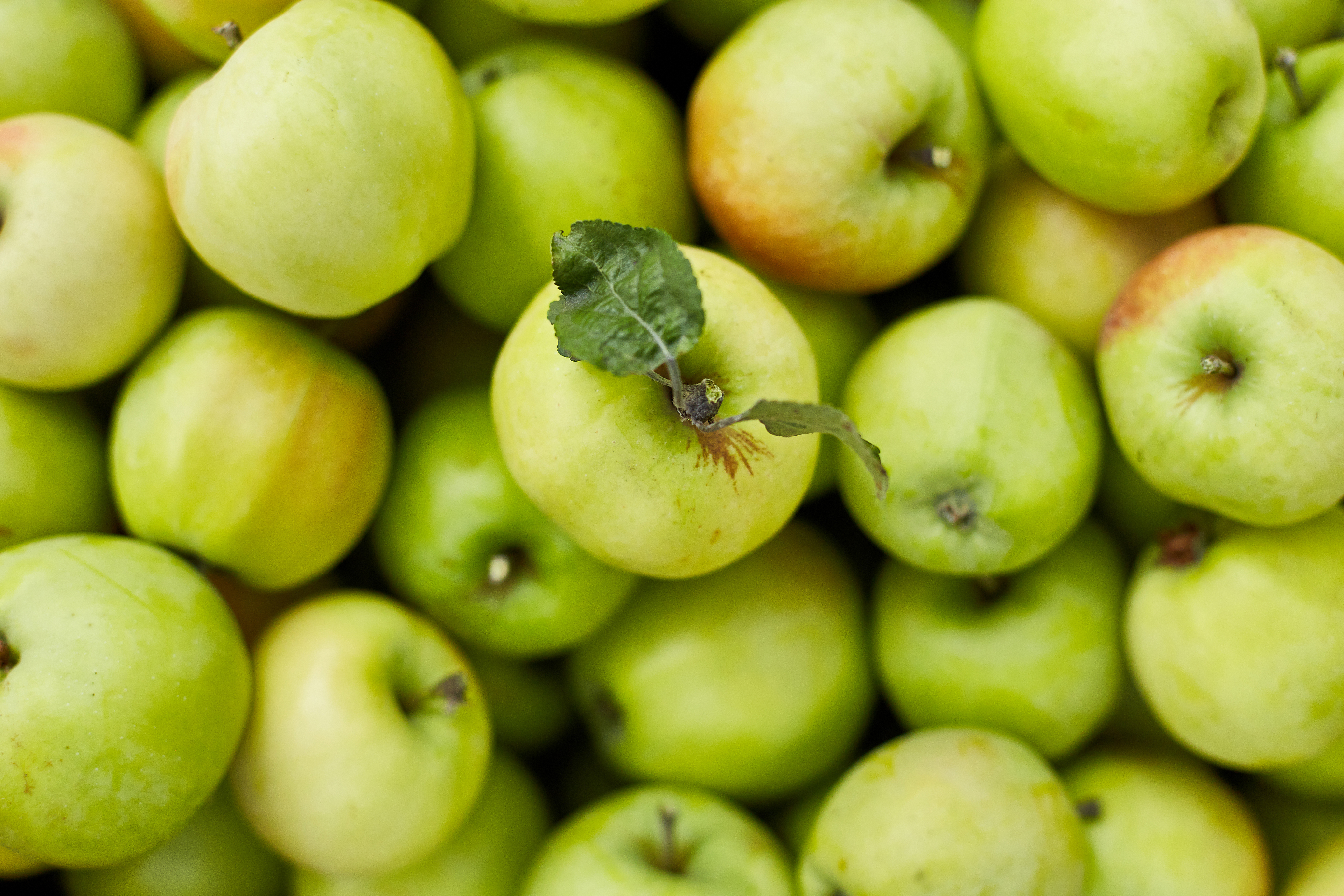
Apples are a beloved fruit, enjoyed for their crisp texture and sweet-tart flavor. They are a good source of fiber and vitamin C. However, apples often rank high on the list of fruits with pesticide residues. Pesticide-free apples are grown using methods that focus on maintaining the health of the orchard ecosystem. These methods include crop rotation, natural pest control, and the use of organic fertilizers. By choosing pesticide-free apples, you can enjoy this classic fruit with confidence, knowing that you are minimizing your exposure to harmful chemicals and supporting environmentally friendly farming practices.
5. The Juicy Goodness of Strawberries
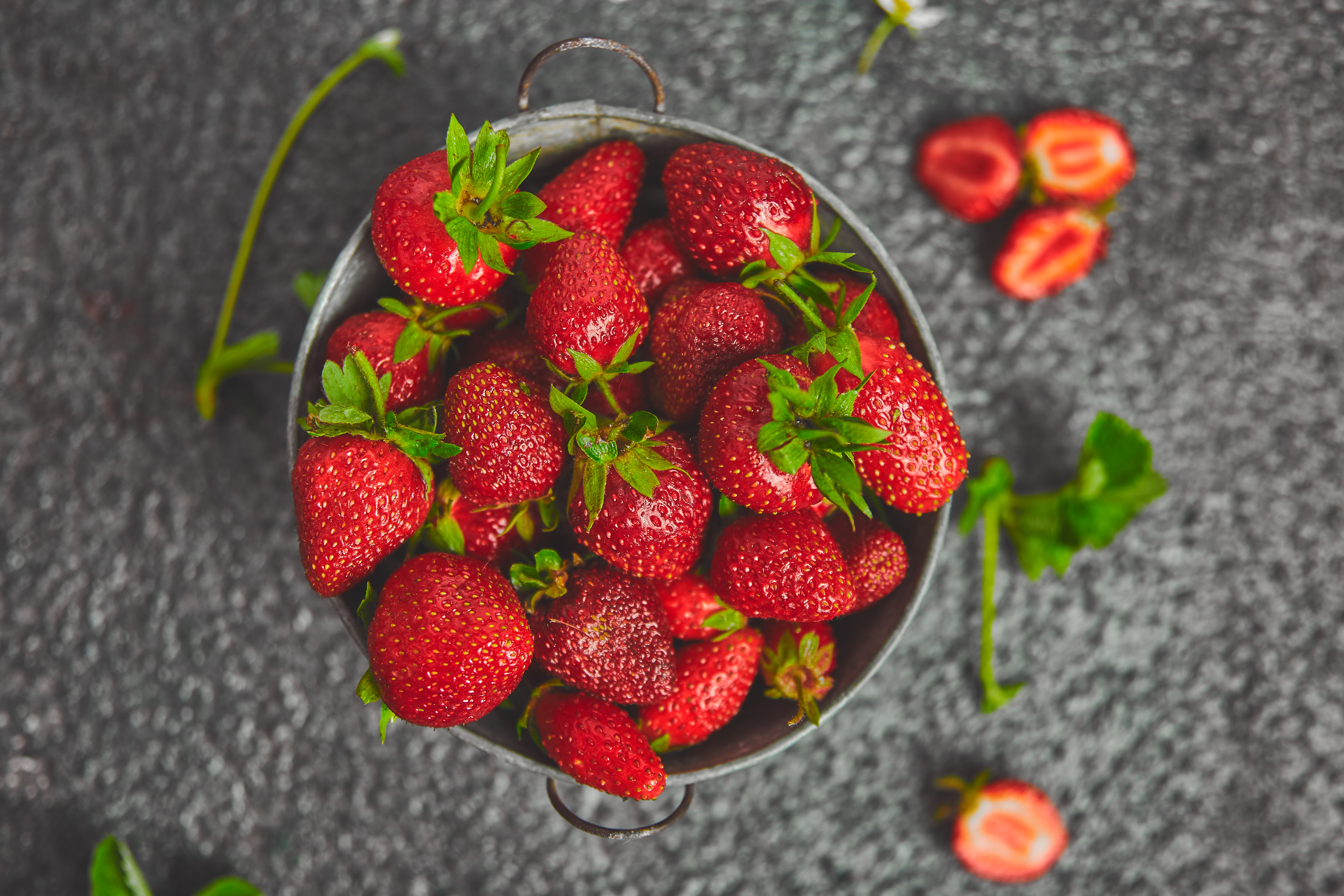
Strawberries are a summer favorite, known for their juicy sweetness and vibrant color. They are rich in antioxidants, vitamin C, and manganese. However, strawberries are often heavily sprayed with pesticides to protect them from pests and diseases. Pesticide-free strawberries, on the other hand, are grown using organic methods that focus on soil health and natural pest control. These methods not only produce healthier strawberries but also promote biodiversity and reduce environmental impact. By choosing pesticide-free strawberries, you can savor their delicious flavor while supporting sustainable agriculture and reducing your chemical footprint.
6. The Earthy Richness of Carrots
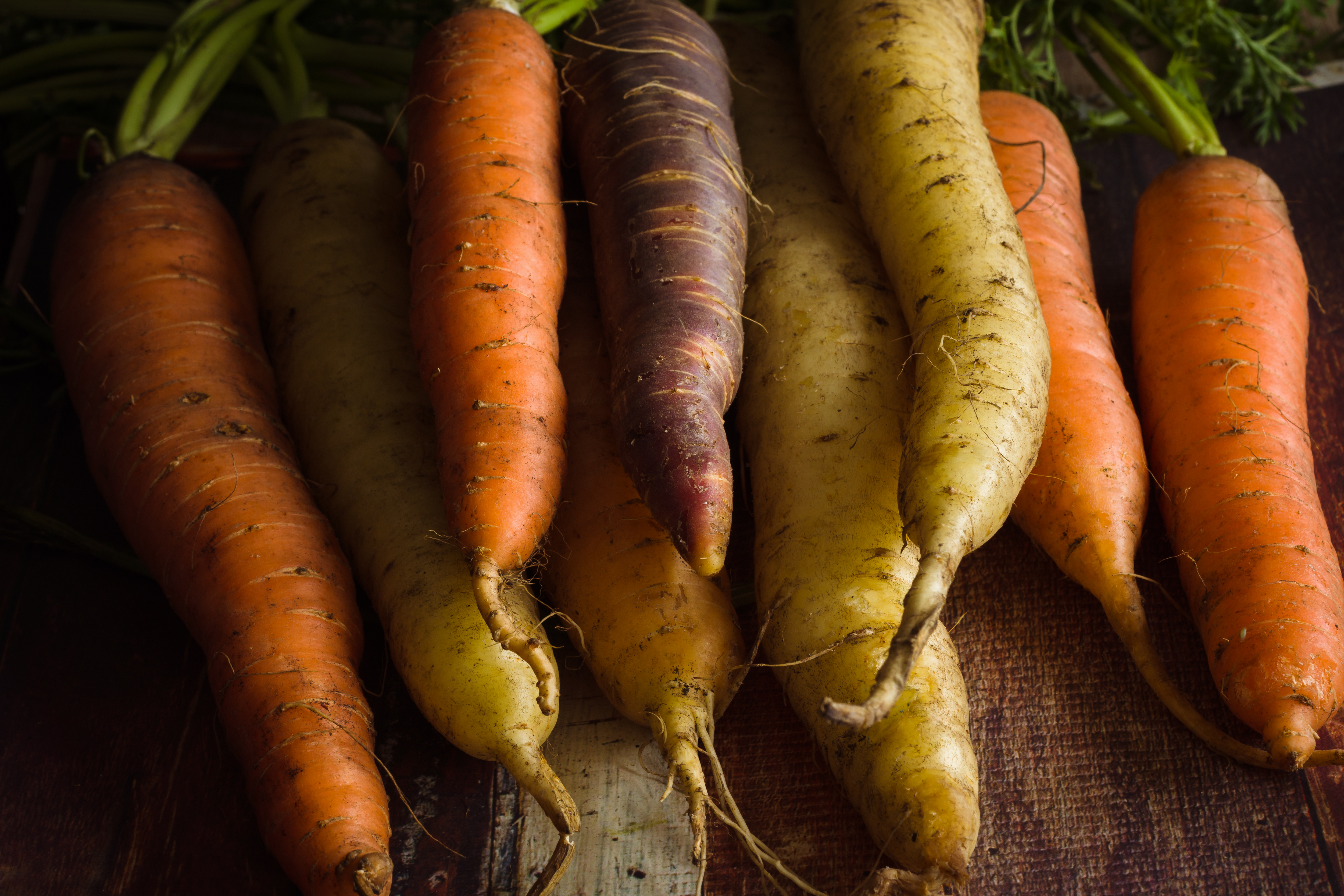
Carrots are a versatile vegetable, enjoyed raw, cooked, or juiced. They are an excellent source of beta-carotene, fiber, and vitamin K. However, conventional carrot farming often involves the use of synthetic pesticides and fertilizers. Pesticide-free carrots are grown using organic practices that prioritize soil health and natural pest management. These practices lead to healthier soil, which in turn produces more nutrient-rich carrots. By choosing pesticide-free carrots, you are not only enhancing your diet with their nutritional benefits but also supporting farming methods that are better for the environment and your health.
7. The Robust Flavor of Tomatoes
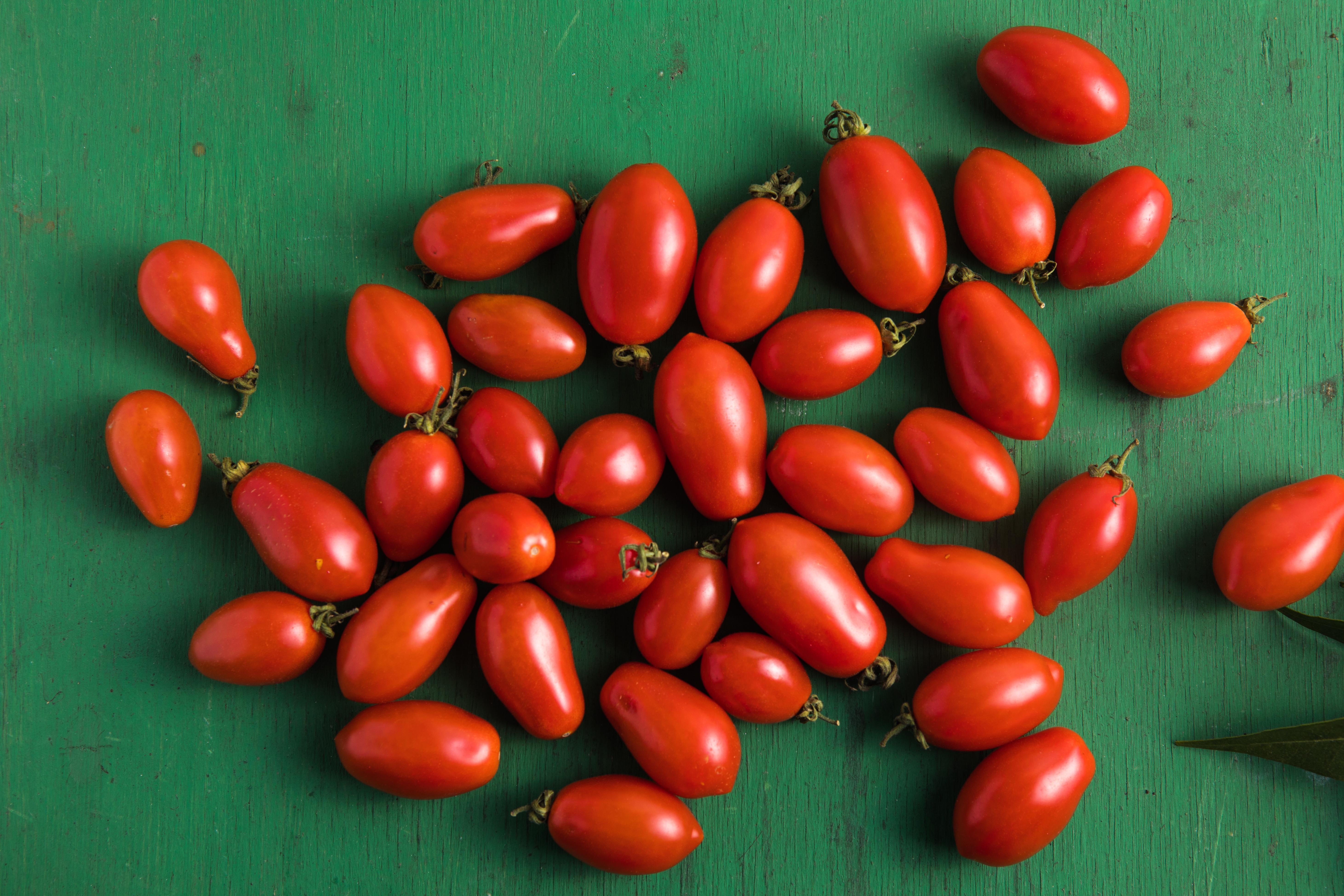
Tomatoes are a culinary staple, used in a wide variety of dishes from salads to sauces. They are rich in vitamins C and K, as well as the antioxidant lycopene. However, tomatoes are often treated with pesticides to protect them from pests and diseases. Pesticide-free tomatoes are grown using organic methods that focus on soil health and natural pest control. These methods result in tomatoes that are not only safer to eat but also more flavorful. By choosing pesticide-free tomatoes, you can enjoy their robust taste while supporting sustainable agriculture and reducing your exposure to harmful chemicals.
8. The Versatility of Zucchini
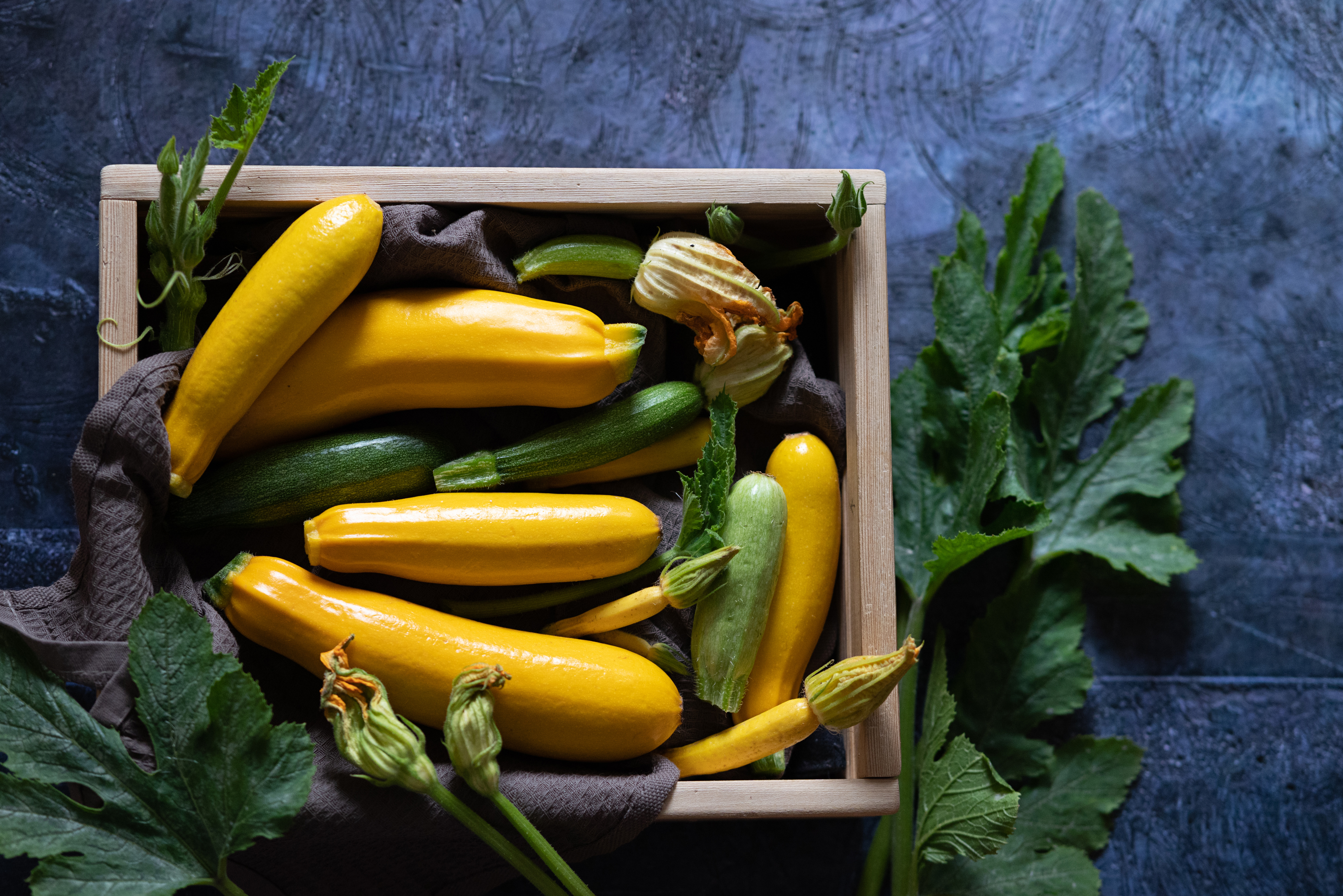
Zucchini is a versatile vegetable, enjoyed in a variety of dishes from stir-fries to baked goods. It is low in calories and a good source of vitamin C and manganese. However, conventional zucchini farming often involves the use of synthetic pesticides. Pesticide-free zucchini is grown using organic practices that focus on soil health and natural pest management. These practices result in healthier zucchini that is free from chemical residues. By choosing pesticide-free zucchini, you can enjoy its versatility and nutritional benefits while supporting farming practices that are better for the environment.
9. The Nutrient-Dense Avocado
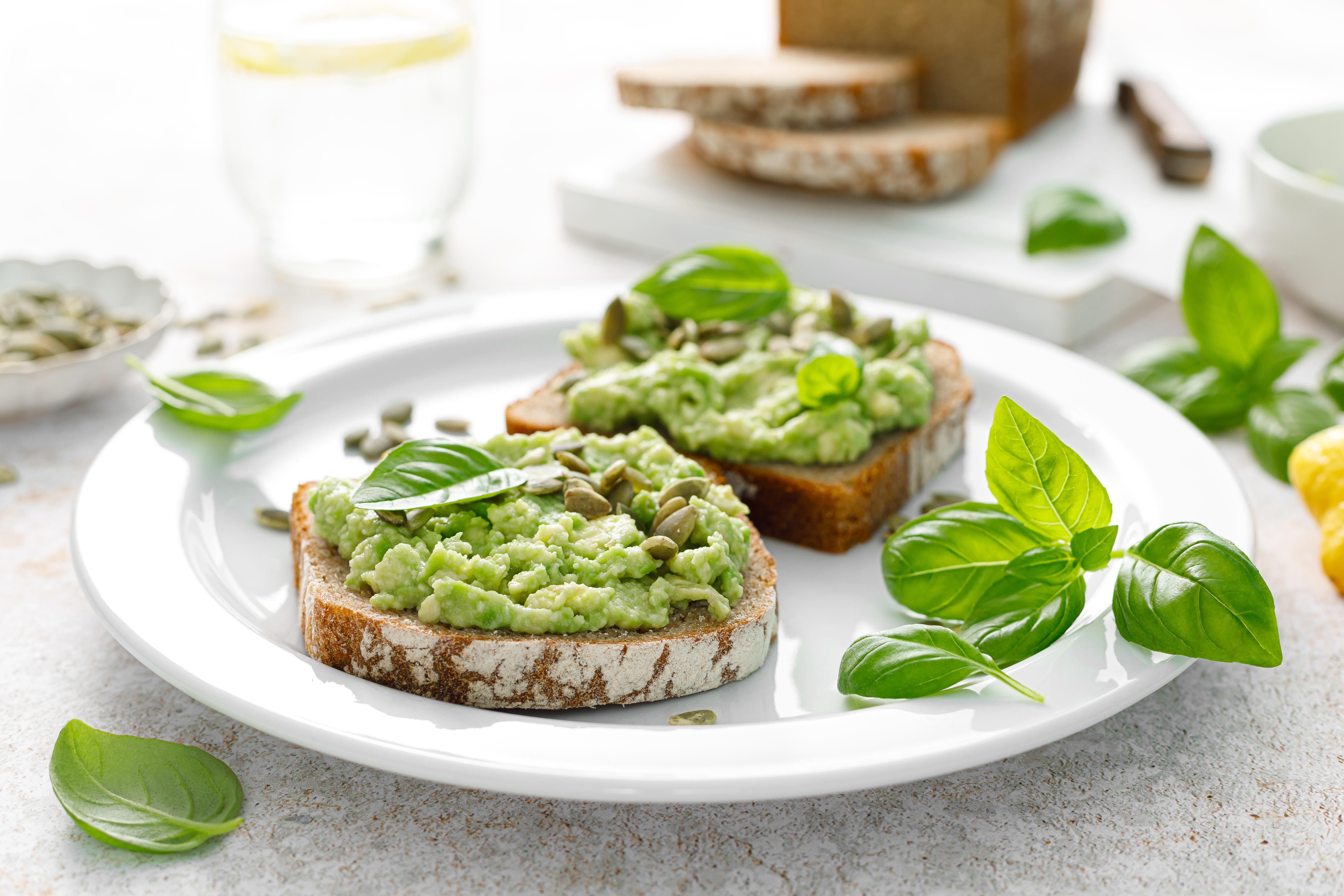
Avocados are celebrated for their creamy texture and rich nutritional profile, packed with healthy fats, fiber, and vitamins E and K. While avocados generally have a thicker skin that protects them from pesticides, opting for pesticide-free avocados ensures that you are supporting organic farming practices that focus on soil health and biodiversity. These practices not only produce healthier avocados but also promote a more sustainable food system. By choosing pesticide-free avocados, you can enjoy their delicious flavor and health benefits while contributing to a healthier planet.
10. The Refreshing Crunch of Cucumbers
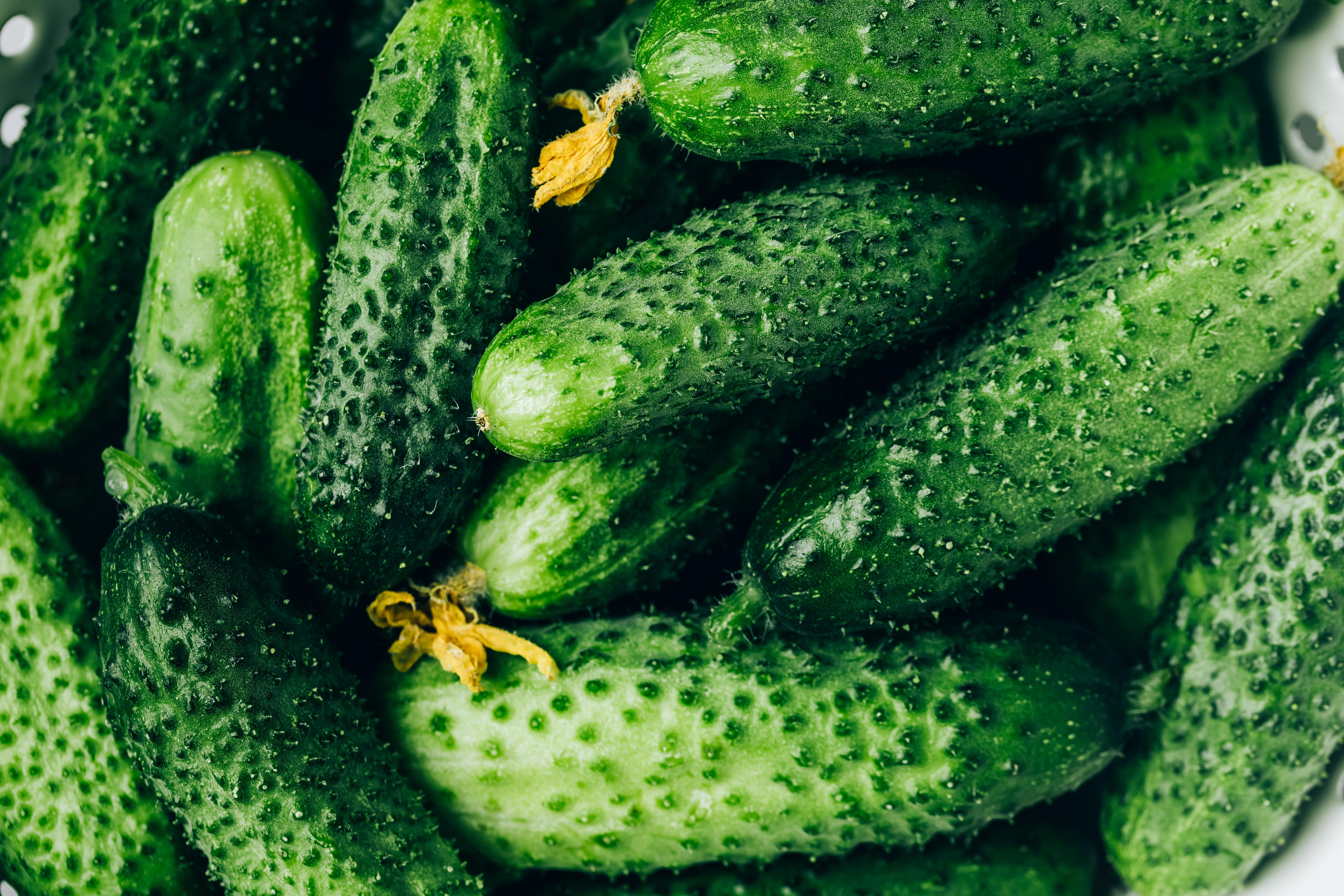
Cucumbers are a refreshing vegetable, enjoyed in salads, sandwiches, and as a hydrating snack. They are low in calories and a good source of vitamin K. However, conventional cucumber farming often involves the use of synthetic pesticides. Pesticide-free cucumbers are grown using organic methods that prioritize soil health and natural pest control. These methods result in cucumbers that are not only safer to eat but also more flavorful. By choosing pesticide-free cucumbers, you can enjoy their refreshing crunch while supporting sustainable agriculture and reducing your chemical footprint.
Embracing a Healthier, Pesticide-Free Lifestyle
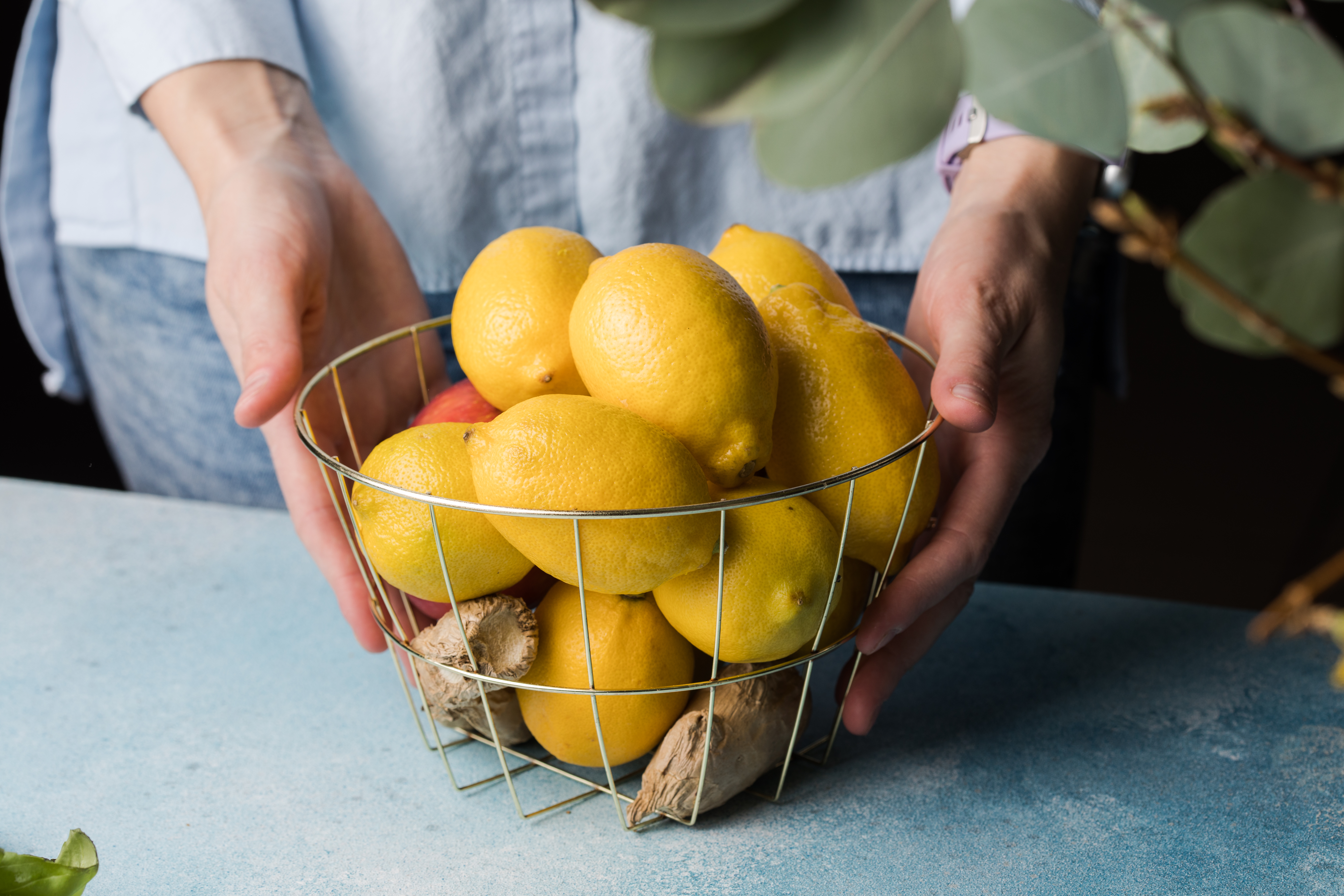
Embracing a diet rich in pesticide-free vegetables is a powerful step towards a healthier lifestyle and a more sustainable planet. These vegetables not only offer superior nutritional benefits but also reduce your exposure to harmful chemicals. By supporting organic farming practices, you contribute to a food system that prioritizes environmental health and biodiversity. As more consumers make the switch to pesticide-free produce, the demand for sustainable agriculture will continue to grow, paving the way for a healthier future for both people and the planet.